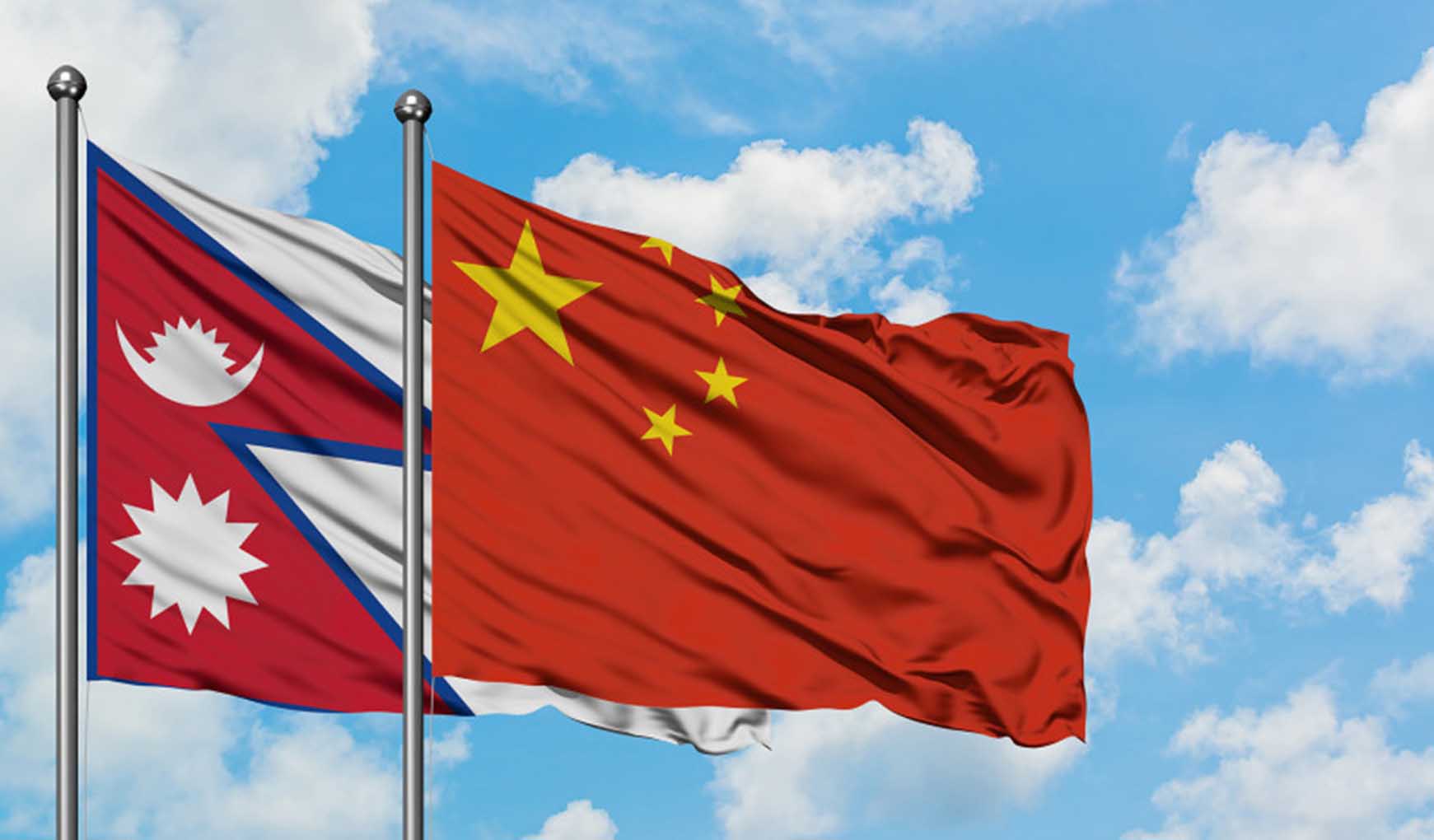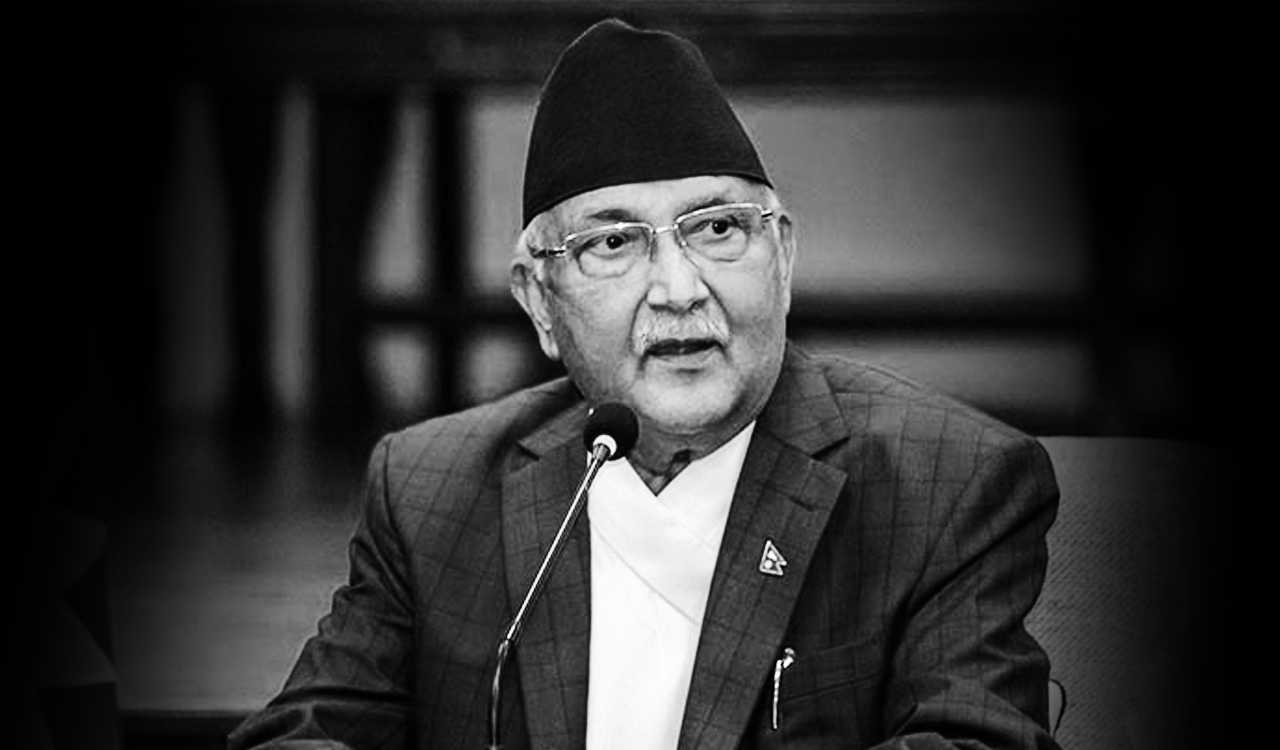Crisis in Nepal
India can outsmart China by drawing upon its natural strengths in its relations with the Himalayan nation

The calamitous developments in Kathmandu, following the expulsion of caretaker Prime Minister KP Sharma Oli from the ruling Nepal Communist Party by a splinter group, come as a slap in the face of China, which has been brazenly interfering in the internal affairs of the Himalayan nation. Beijing had placed high political stakes in bringing together the warring factions of the ruling Communist coalition and deputed its controversial ambassador Hou Yanqi for this mission. However, the latest developments that pushed the land-locked country into a period of political uncertainty can be seen as a major setback for China’s efforts to gain control over the narrative. Incidentally, it was China which stitched together the Nepal Communist Party, comprising the country’s two major Left parties — the Communist Party of Nepal (Unified Marxist–Leninist) led by Oli and the Communist Party of Nepal (Maoist Centre) led by Prachanda—in May 2018. Instead of strengthening the democratic institutions and focusing on governance, the coalition has become a divided house, bogged down by infighting and ego clashes. Amid the increasing internal rift in the party, Oli had decided to dissolve Parliament in December last year, triggering a constitutional crisis. With the collapse of the constitutional order and dissolution of Parliament, fresh elections will now be held in April-May 2021, a year ahead of the schedule. The ugly turn in the power struggle comes at a time when India has been trying to reset bilateral equations, which came under strain in recent times.
Political stability has always eluded Nepal. In 58 years, it had 49 prime ministers and saw many political systems, ranging from pure monarchy, elected government with monarchy and constitutional monarchy to a democratic republic but ruled by Communist parties. India’s interests lie in a stable and secure Nepal. It is for this reason that New Delhi chose to remain neutral to the rivalry between Oli and Prachanda factions. However, India is acutely aware of Prachanda’s affinity towards Beijing and his strategy of whipping up anti-India sentiments and pursuing an ultranationalist domestic path. His term at Nepal’s helm in 2008-09 was characterised by enhanced political and economic engagement with China. Nepal is already suffering from the adverse impact of the Covid-19 pandemic. Tourism income and remittances from its substantial migrant population working abroad have dried up. Political turmoil will only exacerbate the economic crisis. India’s long-term interest in this sensitive neighbouring country is best served by a stable multi-party democracy and economic prosperity. India can outsmart China by drawing upon its natural strengths in its relations with Nepal. It is by positioning itself as a partner of choice for the development of Nepal that India can retain its considerable presence there.
Now you can get handpicked stories from Telangana Today on Telegram everyday. Click the link to subscribe.
Click to follow Telangana Today Facebook page and Twitter .
Related News
-
Save future of Telangana NEET PG aspirants, IMA writes to CM Revanth Reddy
34 mins ago -
Telangana techie loses Rs 4.15 lakh to online gold trading fraud
1 hour ago -
Hyderabad: Couple working as house help at doctor’s residence held for theft
1 hour ago -
Hyderabad auto driver foils attempt to kidnap young woman, five held
2 hours ago -
Haiti gang attack on journalists covering hospital reopening leaves 2 dead, several wounded
3 hours ago -
21 dead as Mozambique erupts in violence after election court ruling
4 hours ago -
Cartoon Today on December 25, 2024
11 hours ago -
Sandhya Theatre stampede case: Allu Arjun questioned for 3 hours by Chikkadpallly police
12 hours ago




